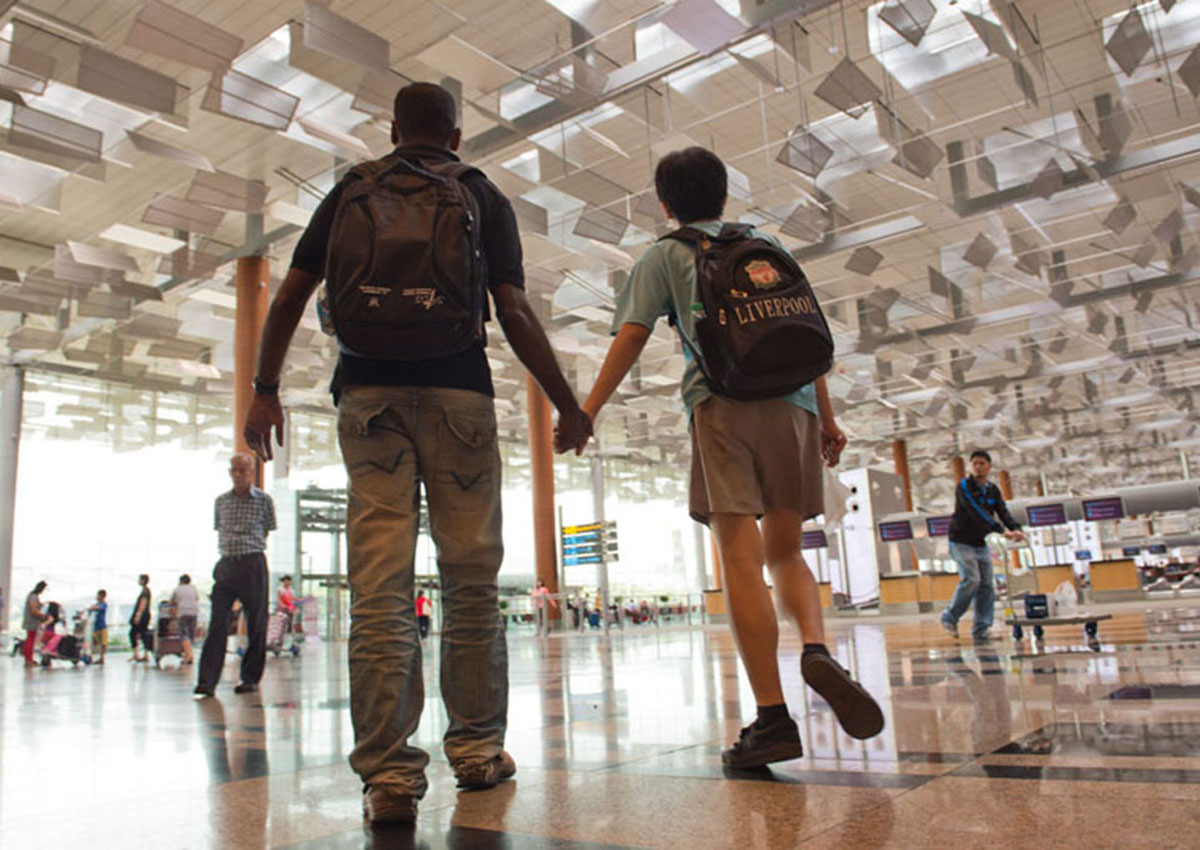One in 150 children here has autism, a higher rate than the World Health Organisation’s global figure of one in 160 children.
This comes as more pre-schoolers here get diagnosed with developmental issues.
There were 4,400 such children in 2014, a 76 per cent jump from the 2,500 children in 2010.
These figures were revealed in the Government’s third Enabling Masterplan, which was unveiled on Tuesday.
It covers the next five years and builds on two earlier plans to create a more inclusive society for people with disabilities.
The data on developmental problems came from KK Women’s and Children’s Hospital and the National University Hospital, which diagnose such disorders in children six years and below.
The children’s conditions include autism, speech and language delays, behavioural problems and global development delay.
The panel behind the roadmap identified the rising number of people with autism as a key trend affecting the disability sector, and said it was important for future services to address the wide spectrum of needs.
The consensus among experts is that Singapore’s high autism rate and the rise in the number of people with autism are likely due to more awareness and testing, and to the wider parameters of the autism spectrum, rather than a greater prevalence of autism.
Dr Eyleen Goh, an assistant professor in the neuroscience academic clinical programme at the Duke-NUS Medical School, said the WHO rate is probably lower because of underdiagnosis in certain countries.
“Diagnosis for autism has always been a difficult and challenging issue,” she said.
“A large part of the diagnosis is based on questionnaires, which can be subjective. This is why overdiagnosis and underdiagnosis can happen.”
The rate here is lower than that reported in countries such as the United States, Japan, Denmark and Australia – where one in 60 to 70 children has autism.
MP Denise Phua, president of the Autism Resource Centre (ARC), said that overdiagnosis of autism here is unlikely.
She said: “There may even be an under-reporting in the total population with autism, as we are receiving more queries for diagnosis and support for adults suspected to have autism.”
The ARC said there have been no accurate studies on the rates here, but it is likely to be about 1 per cent of the population – or 50,000 – given global estimates.
Of this group, 11,500 are under the age of 19.
Globally, the numbers and rates of people with autism have soared over the years.
Besides better awareness and detection, the surge is largely due to a broadening of the criteria for autism.
In the 1990s, clinicians began reclassifying it from a singular disorder to a cluster of related conditions on a spectrum of severity.
Regarding rising numbers in Singapore, an ARC spokesman said: “There has been an increase in clarity of the diagnostic criteria, which means that more individuals are being appropriately diagnosed.
“This has been paralleled by an increase in awareness and knowledge among diagnosticians and other professionals. This means that fewer people go undiagnosed than in the past.”
Another reason for the rise could be the fact that Singaporeans are having children at an older age, said Dr Justin Lee, a research fellow at the Institute of Policy Studies.
Research has shown that children born to older parents are at a higher risk of having autism.
In the light of the growing numbers, Dr Shyam Prabhakar, associate director of integrative genomics at the Genome Institute of Singapore, said that coming up with new treatment and support services is key.
His team is in the running to create the first drug in the world to treat the condition.
Dr Lim Boon Leng, a psychiatrist at Gleneagles Hospital, said having a national plan to coordinate the care of children with autism will be helpful.
“Early intervention is critical. At present, the frequency of treatment may not be sufficient,” he said.
4,400- Number of pre-schoolers with developmental issues in 2014.
2,500- Number of such children in 2010.
jantai@sph.com.sg
goyshiyi@sph.com.sg

This article was first published on December 24, 2016.
Get a copy of The Straits Times or go to straitstimes.com for more stories.






